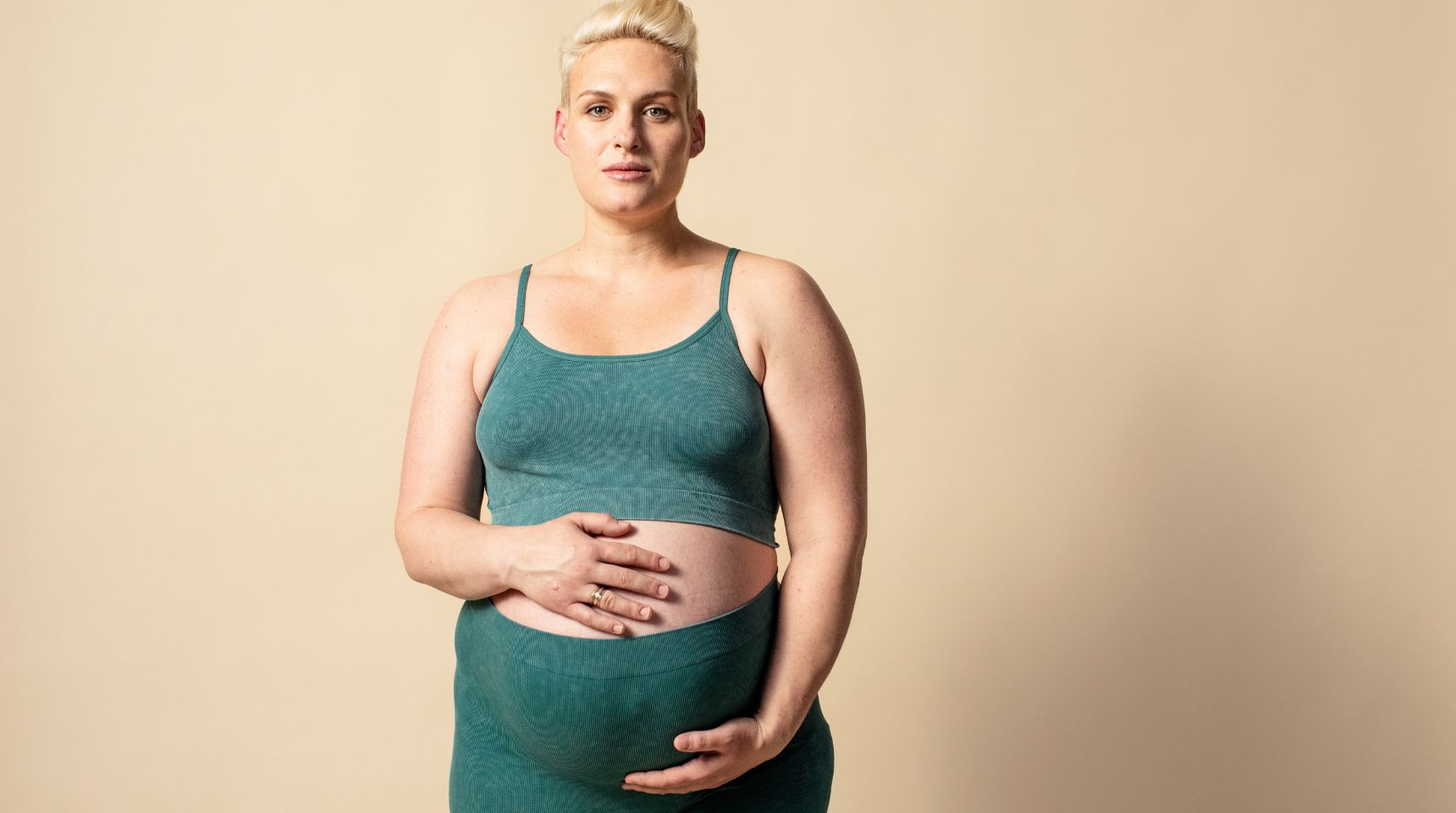During pregnancy, OB/GYNs and healthcare providers support and guide moms through the prenatal period. For over 30 weeks, a pregnant mom typically meets with a healthcare provider for prenatal visits where both mom and baby are evaluated. Birth plans may be discussed, and mom prepares to meet her baby.
But insights from moms indicate a glaring gap in preparing birthing people for the postpartum period and supporting them after they give birth.
According to a survey conducted by Lansinoh*, 88% of moms said they weren’t prepared for the postpartum period, and over 95% of moms think new mothers are not sufficiently supported by our society.
Lansinoh’s new global brand initiative, Stand with the Mothers, was launched to bring awareness to the acute need to expand support for new mothers and birthing people.
Feeling Unprepared
While the majority of women felt prepared to care for their baby, 92% said there were parts of the postpartum period they were not prepared for. Nearly two-thirds or more were unprepared for breastfeeding, mental health concerns, lack of sleep, and physical recovery.

Previous studies have identified a lack of preparation and inaccurate expectations for the postpartum period within the US health system.1,2
Our survey responses reinforced these points: nearly 70% indicated they had unrealistic recovery expectations. While more than half of new moms created a plan for giving birth, only 11% created a plan for their own recovery. 90% of moms would recommend other new moms spend more time preparing for their own recovery after giving birth.
One study has linked lack of preparation for the postpartum period to dissatisfaction with clinical providers.2 Despite this evidence, there continues to be a lack of adequate clinical support for preparation for the postpartum period. 77% of moms surveyed by Lansinoh felt their healthcare provider did not prepare them for their own recovery, and more than 40% felt they did not receive clear instructions for recovery from their healthcare provider.
When asked which one word best represents their postpartum experience, moms described it as “Exhausting,” “Lonely,” “Stressful,” and “Overwhelming.”

Unrealistic Understandings of C-Section Recovery
In another recent survey of moms conducted on social media, this time focused on moms who had cesarean births, only 35% of moms surveyed felt prepared for their c-section, citing the pain of recovery and the challenges of caring for their newborn and other family members as some of the most difficult parts of their recovery.
For many moms, society’s feelings that a cesarean birth is “taking the easy way out” minimizes the reality that a c-section is major abdominal surgery. In fact, only 21% of moms think society has a realistic understanding of c-section recovery.

It takes weeks, even months to recover fully from childbirth—no matter how a mom gives birth. Postpartum bleeding and cramping happen with a cesarean recovery just like with a vaginal birth. And if mom labored before having the c-section, she might also have pain in her perineum, the area between the vagina and anus.
For moms who have had a cesarean birth, many of them also grieve the loss of the birth they had originally planned. When asked how they felt when they were told they needed to have an unplanned cesarean birth, the responses of many moms reflected the emotional distress of the change in plans. One mom said she felt “[p]retty disappointed and felt like I was a failure but also knew it was the safest option to bring my child into the world.”**
Feeling Unsupported
42% of moms surveyed* felt unsupported by their healthcare providers after giving birth.
Most medical care during the postpartum period is focused on the baby. The American Academy of Pediatrics recommends babies be seen within 48 to 72 hours after discharge from the hospital and again at one and two months3, while traditionally, birthing people were seen once at six weeks postpartum.
Although recent updates have been made to improve postpartum care for mothers, they have been slow to be put into practice and are still not robust enough to provide new mothers with adequate support. In 2018, the American College of Obstetricians and Gynecologists (ACOG) recommended that postpartum care shift to a more ongoing, individualized process, rather than a single six-week visit.4 In 2020, the American Academy of Pediatrics added a recommendation to incorporate screening for perinatal depression into pediatric practice.5 But more work needs to be done, with only 40% of moms surveyed feeling supported by the healthcare system.
Balancing work and family is a challenge for US mothers, and the percent of moms in the workforce, estimated at 72% by PEW Research6, continues to grow. The US is the only industrialized country without a federal paid maternity leave policy according to a recent analysis of family-friendly policies conducted by the Organization for Economic Cooperation and Development (OECD).7
According to our survey, moms feel that stronger government policies for working parents as well as stronger support from employers are the factors that would have the biggest impact on the support of mothers.

*METHODOLOGY STATEMENT:
Lansinoh designed the survey which was administered by HARK Research and reached 687 mothers. Mothers were recruited through social media. This report focuses on moms ages 18-44 who gave birth in the past 5 years. HARK Research analyzed the data, providing insights to trends and key findings reported here.
**Lansinoh designed the survey which was administered by Crowdly and reached 330 mothers. Mothers were recruited through social media. This report focuses on moms who gave birth via c-section (127 moms). Crowdly analyzed the data, providing insights to trends and key findings reported here.
REFERENCES
1 Martin, A., Horowitz, C., Balbierz, A. et al. Views of Women and Clinicians on Postpartum Preparation and Recovery. Matern Child Health J 18, 707–713 (2014)
2 Howell, E. (2010). Lack of Patient Preparation for the Postpartum Period and Patients’ Satisfaction With Their Obstetric Clinicians. Obstetrics & Gynecology, 115, 284-289
3 American Academy of Pediatrics 2021 Periodicity Schedule
4 ACOG Committee Opinion Number 736, Optimizing Postpartum Care, May 2018
5 American Academy of Pediatrics 2020 Periodicity Schedule
6 https://pewrsr.ch/2N9l9c8
7 OECD Family Database, oe.cd/fdb
All content found on the Lansinoh.com website, including: text, images, audio, or other formats were created for informational purposes only. The content is not intended to be a substitute for professional medical advice, diagnosis, or treatment. Always seek the advice of your physician or other qualified health provider with any questions you may have regarding a medical condition. Never disregard professional medical advice or delay in seeking it because of something you have read on this website.
![Lansinoh® Discreet Duo™ Wearable Pump [PRESALE]](http://lansinoh.com/cdn/shop/files/HospitalStrength_{width}x.jpg?v=1706367949)










